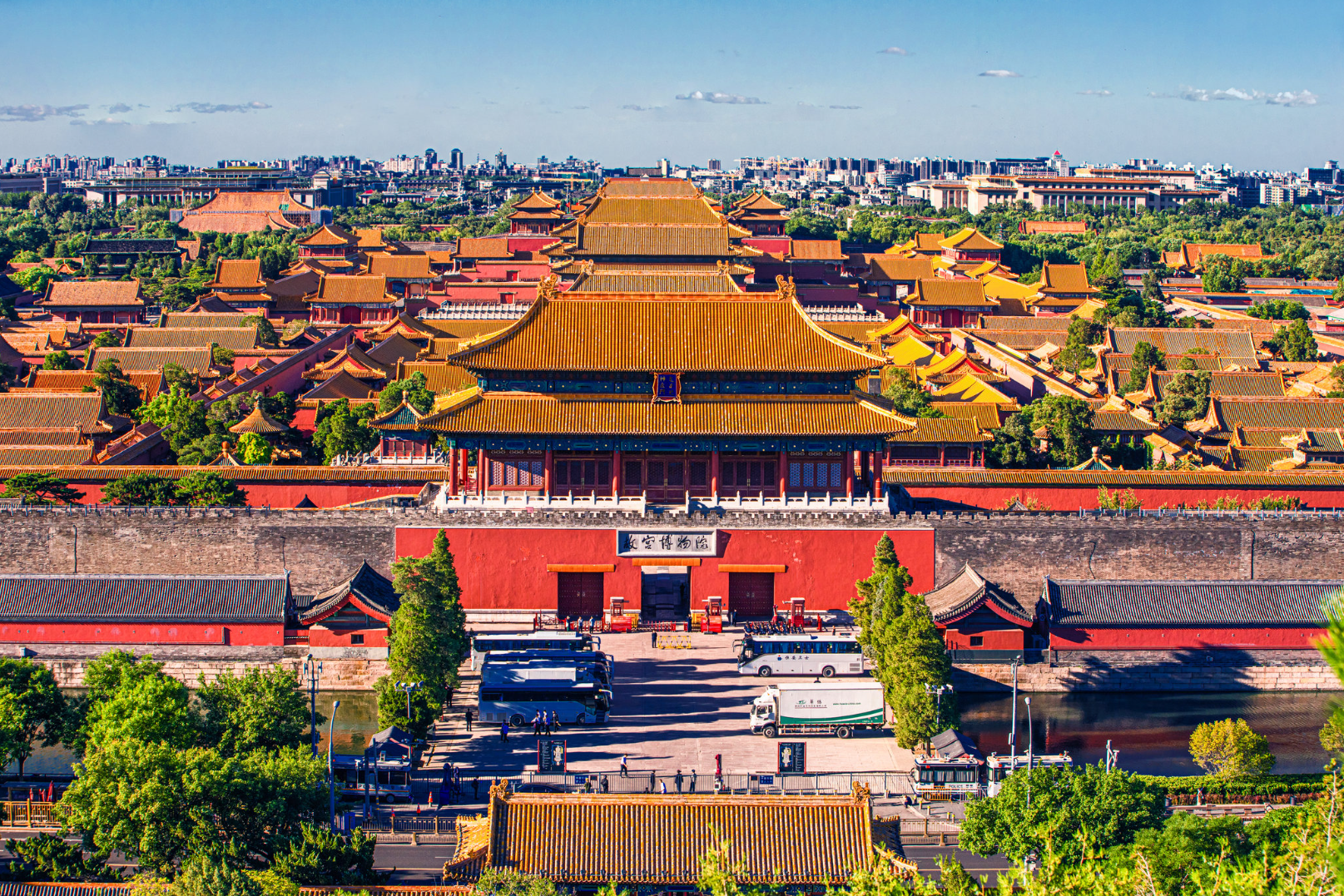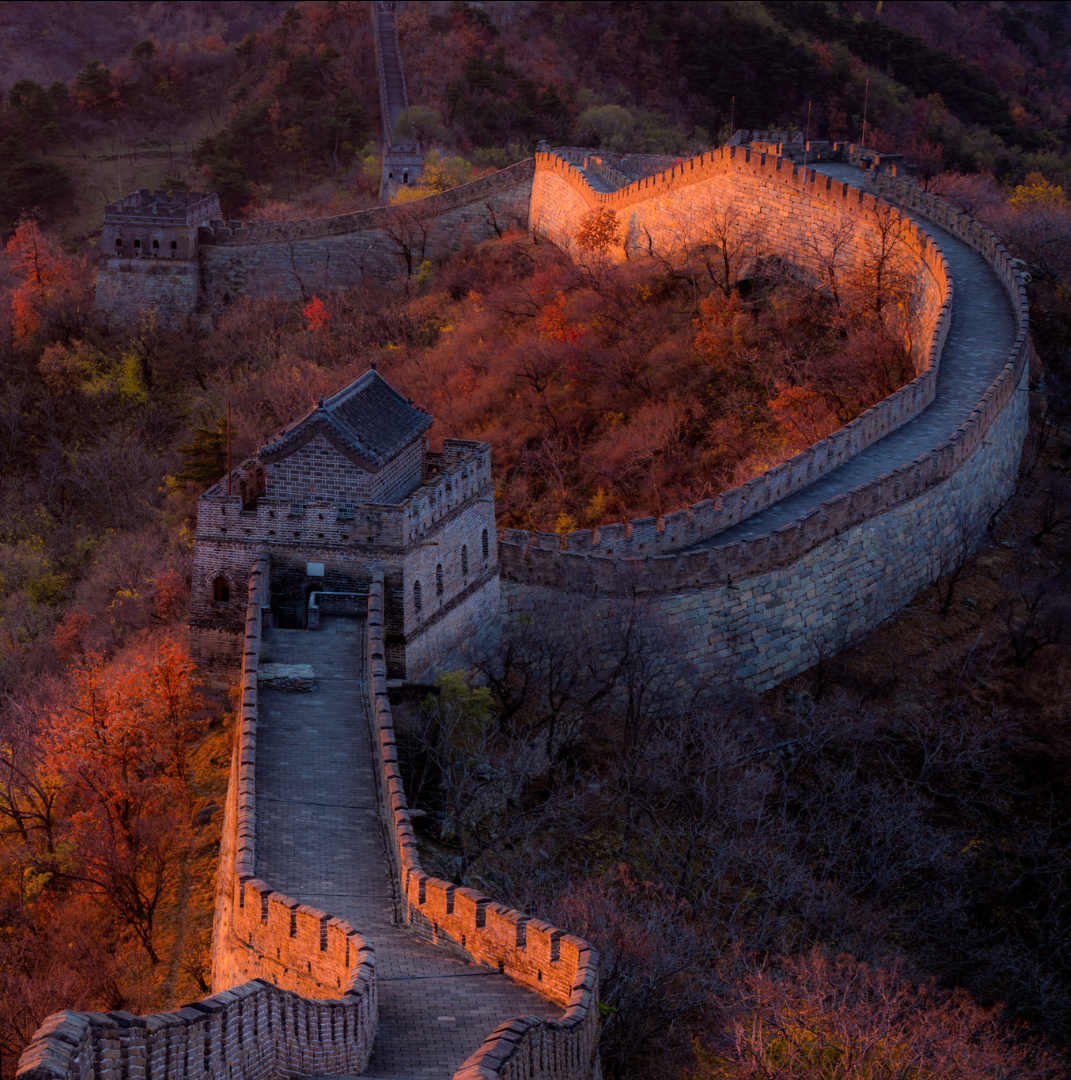Beijing: 4-Day
It all begins with an idea.
Day 1: Beijing - First Encounter with the Ancient Capital's Culture
- Morning: Travel to Beijing, check into the hotel upon arrival, and take time to relax and adapt to the slow-paced atmosphere of this ancient capital.
- Afternoon: Make an initial visit to Wangfujing Pedestrian Street. Watch the crafting techniques of traditional folk arts at the intangible cultural heritage exhibition area, such as sugar figurines and "hairy monkeys" (a traditional Beijing craft made from herbal materials). Taste traditional snacks like candied hawthorns on a stick and pea cake, and immerse yourself in the integration of Beijing's dietary customs and intangible cultural heritage.
Day 2: Beijing - The Forbidden City and Hutong Culture
- Morning: Visit Tiananmen Square to experience the symbolic significance of modern Beijing as the political and cultural capital.Then enter the Palace Museum (Forbidden City). Under the guidance of an exclusive interpreter, understand the ritual culture behind buildings like the Hall of Supreme Harmony and the Palace of Heavenly Purity, observe the craftsmanship details of bucket arches and colored paintings, and learn about the royal life etiquette and court culture of the Ming and Qing dynasties. In the afternoon, head to Prince Gong's Mansion to explore the architectural layout of a Qing dynasty princely residence, listen to historical anecdotes about He Shen's (a prominent official of the Qing dynasty) mansion, and feel the delicacy and profoundness of the princely mansion culture.
- Afternoon: Take a rickshaw tour of the hutongs around Shichahai. Observe architectural elements of siheyuan (traditional courtyard houses) such as door piers, screen walls, and raised flower gates, and learn about the "hutong-siheyuan" residential culture of old Beijing. Step into the home of a local resident to experience traditional guest-receiving etiquette, such as making tea and arranging fruit plates, and listen to the host share stories about the changes of the hutongs. In the evening, sit down in a hutong teahouse, order a pot of jasmine tea, and enjoy a performance of Beijing opera drum singing to savor the charm of Beijing's traditional folk art culture.
Day 3: Beijing - Temple of Heaven and the Great Wall Culture
- Morning: Go to Temple of Heaven Park. Visit the Hall of Prayer for Good Harvests and the Circular Mound Altar, learn about the ritual procedures and sacrificial culture of emperors of the Ming and Qing dynasties when they worshipped heaven, and interpret the philosophical concept of "the heaven is round and the earth is square" and the symbolic meaning of numbers embodied in the architecture. Follow local elderly people in the park to learn tai chi, experience the folk culture of Beijing citizens' morning exercises, and feel the integration of traditional health-preserving methods with the life of the ancient capital.
- Afternoon: Travel to the Simatai section of the Great Wall. Hike along this section of the Great Wall that retains its original appearance from the Ming dynasty, observe the military architectural details of the Great Wall such as crenels, watchtowers, and beacon towers, and listen to the interpreter explain the defense system of the Ming dynasty Great Wall and the culture of frontier garrison. In the folk village at the foot of the Great Wall, taste the "Great Wall Feast" - northern Chinese specialty foods like roast whole lamb and corn cakes, and experience the dietary culture around the Great Wall. In the evening, enjoy the panoramic view of the Great Wall under the sunset and appreciate the cultural integration of this ancient military project with the natural landscape.
Day 4: Beijing - Contemporary Art and Cultural Conclusion
- Morning: Tour the 798 Art Zone. Wander through the art spaces transformed from old factories, visit contemporary art galleries, graffiti walls, and cutting-edge design studios. Understand the development context of Beijing's contemporary art and feel the innovative integration of industrial heritage and modern art. Purchase modern cultural and creative products that incorporate traditional elements (such as Peking Opera masks and Great Wall patterns) in art and cultural and creative stores, and experience the modern expression of traditional culture.
- Afternoon: Proceed to the airport/station according to the return schedule, concluding this multi-cultural exploration journey that spans the city, the northwest region, and the ancient capital.



